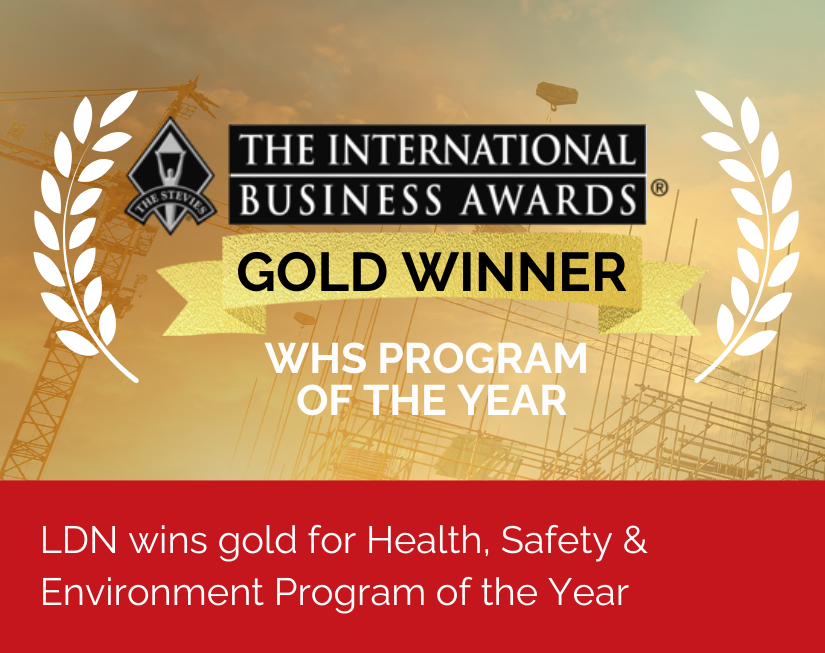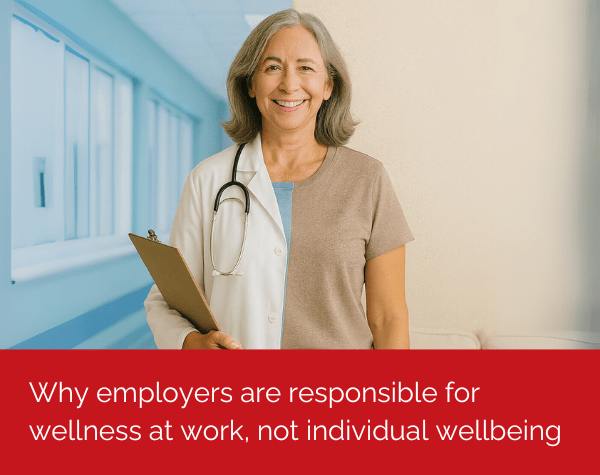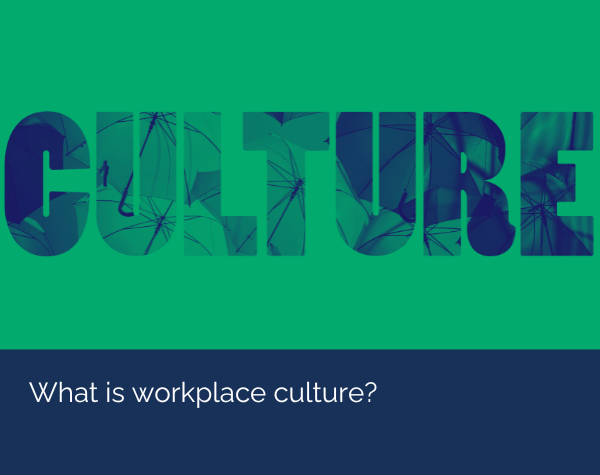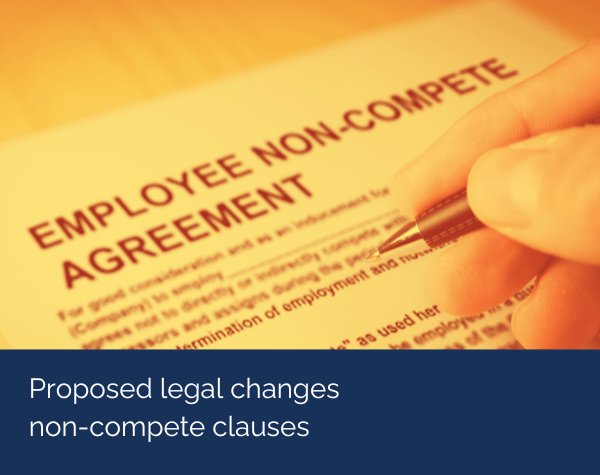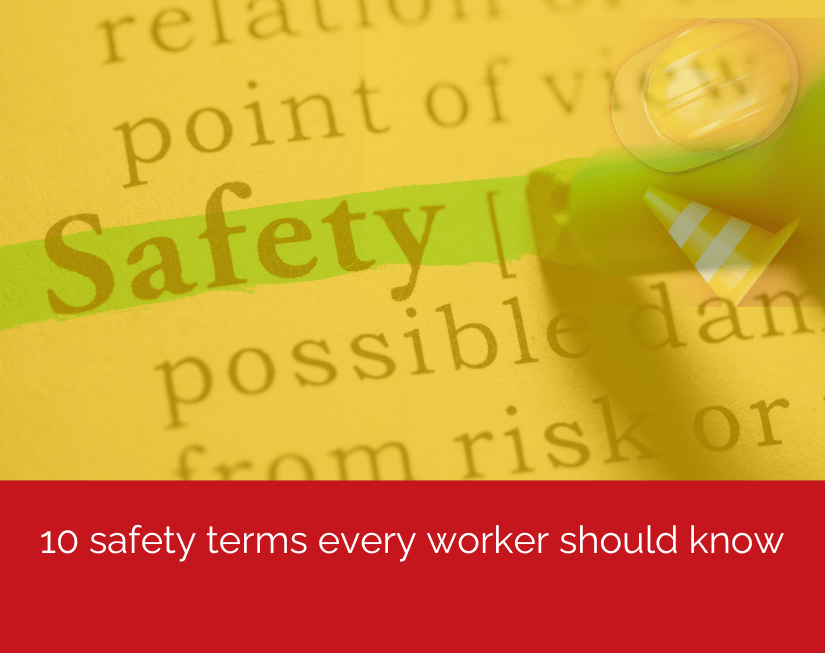Subscribe to the LDN eNews for regular safety and leadership insights delivered straight to your inbox.
10 ways to manage yourself through workplace change
Change in the workplace is inevitable, but how you manage yourself through it can make all the difference. Find out how. Whether it’s a restructure, new leadership, or evolving priorities, change can
LDN wins Gold for Health, Safety & Environment Program of the Year
LDN Wins Gold for the Australian, New Zealand and Asian 2025 Health, Safety & Environment Program of the Year! LDN has been awarded the Gold Award in the International Business Awards for Health, Safety & Environment
Why employers are responsible for wellness at work, not individual wellbeing
Wellbeing vs wellness at work: why employers are responsible for workplace wellness, not personal wellbeing. Explore the clear distinction here. Conversations around wellbeing at work are everywhere. But often, the lines between
Why your people don’t want another e-Learning module
Discover why staff reject self-paced online training modules and what they really want instead. Melissa Williams shares insights from workplace learning focus groups. Earlier this year, LDN’s CEO Melissa Williams facilitated almost 50 focus
What does workplace culture really mean?
Discover what workplace culture really means and why it matters. Culture is the pattern of behaviours, actions, and ways of thinking that develop within a group or society. It’s how we act,
Ban to non-compete clauses from 2027: what employers need to know
A nationwide ban on non-compete clauses in Australia is proposed to take effect from 2027, following the Federal Government’s 2025–26 Budget announcement. The aim is to lift wages, improve job mobility, and remove unfair employment restrictions.
10 safety terms every worker should know
Clear, consistent safety communication is essential for building a proactive safety culture. Does everyone in your organisation understand these 10 key safety terms? Whether you're a frontline worker, safety officer, team lead, HR
6 due diligence questions every safety leader must ask
https://youtu.be/N76j2Vl2zAk?si=QAgDUVafqOI-o41K Every leader wants a safe workplace. But under WHS legislation, wanting safety is not enough. Leaders must actively demonstrate safety leadership, meet legal obligations, and create a culture of safety that ensures every
30 more topic ideas for your next toolbox talk
Expand your toolbox talks with 30 more toolbox talk ideas. Perfect for pre-start meetings, these topics promote awareness, reduce risk, and strengthen workplace safety culture. 1. Stress and mental load Speak about

